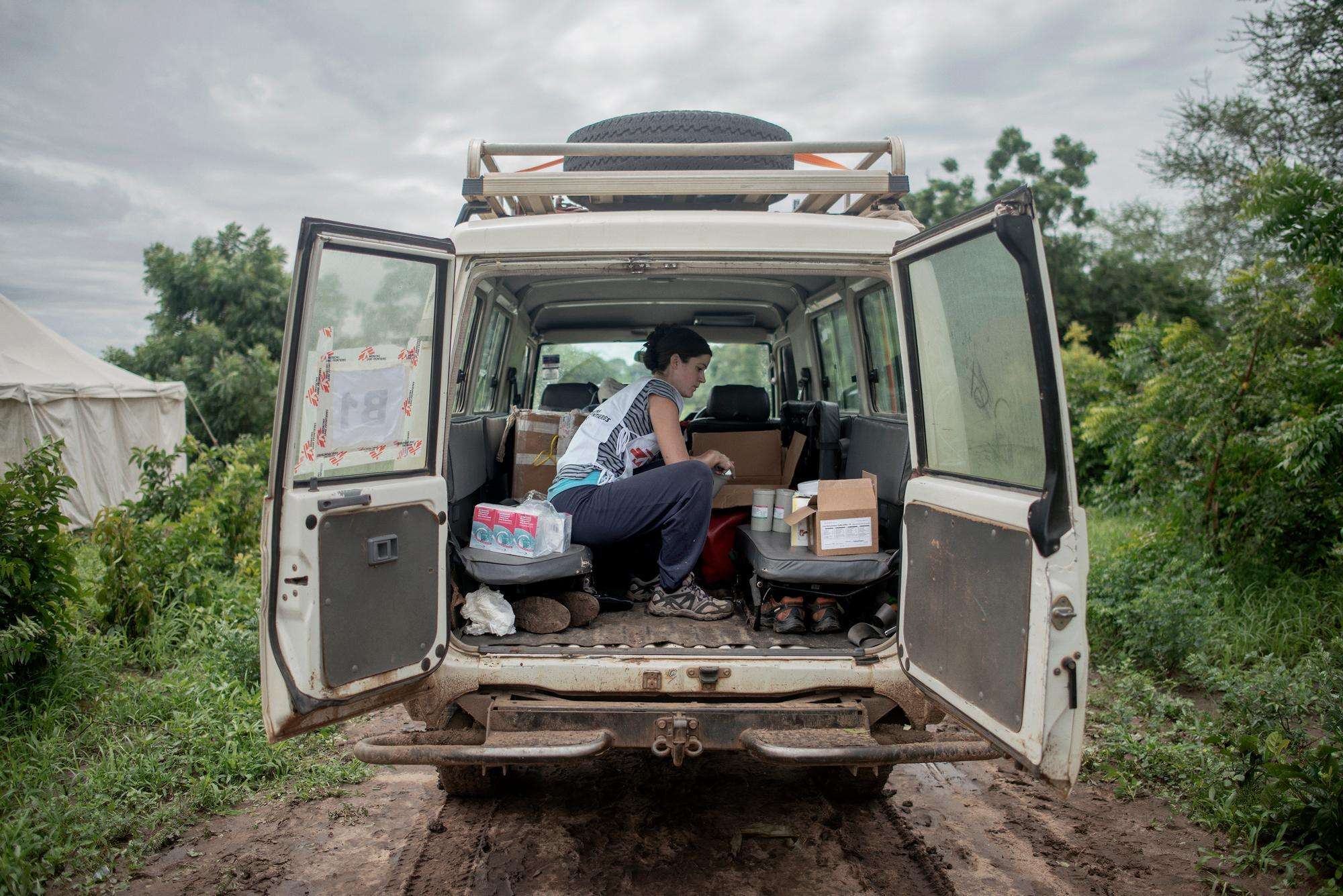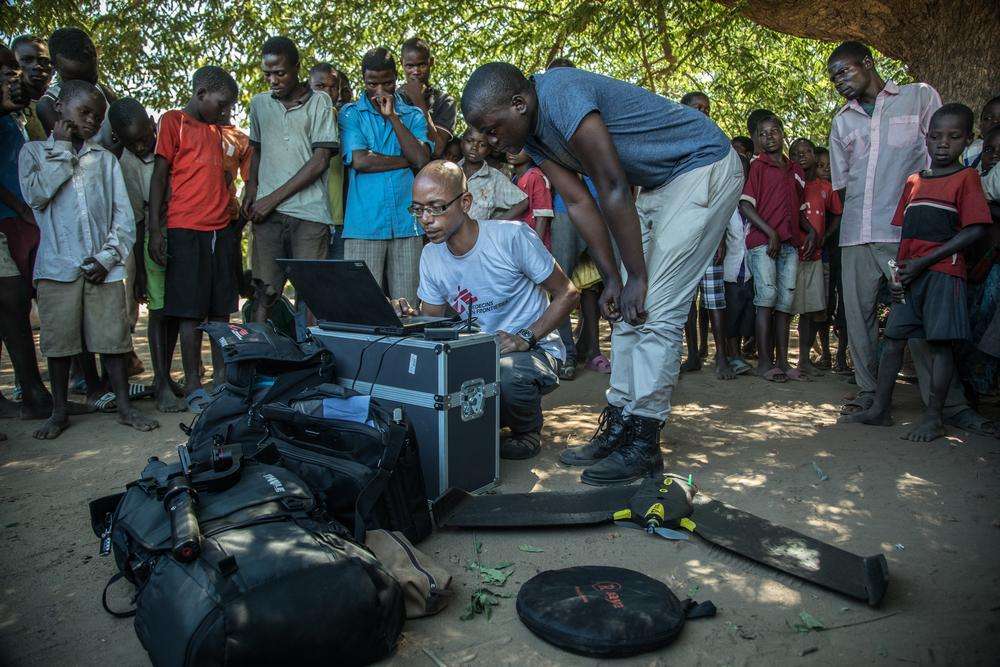Some of the most revolutionary ideas start small and come from unexpected places. For a global humanitarian organization as large as MSF, finding and fostering these ideas from staff on the ground in more than 70 countries can be challenging. In 2003, MSF’s Manson Unit—a London-based team of specialists who provide medical, technical, and research support for MSF programs— founded the Sapling Nursery to help advance MSF’s most promising medical and logistical innovations.
The Sapling Nursery is a fund to develop and test new approaches to challenges in humanitarian aid. Accepting proposals from MSF staff working both in the field and in headquarters, the fund awards prizes of up to 50,000 euros (about $61,000) to staff to turn an innovative idea into reality.
“Sapling Nursery was started to cater to the more disruptive end of the innovation spectrum,” explains Pete Masters, MSF medical innovation advisor. “It’s for early-stage ideas; stuff we are willing to take risks on, things we aren’t totally sure will succeed—but even if we fail we’ll learn something important.”
Innovations can be big or small, high tech or surprisingly simple. “It can be a mobile operating theater or a pre-fabricated hospital,” said Masters. “But sometimes it takes changes in the detail of how we do things to make a massive difference for our patients.” In December 2017, the Sapling Nursery received 21 innovative proposals from MSF workers around the world. Here are just a few of the promising plans in the works.








